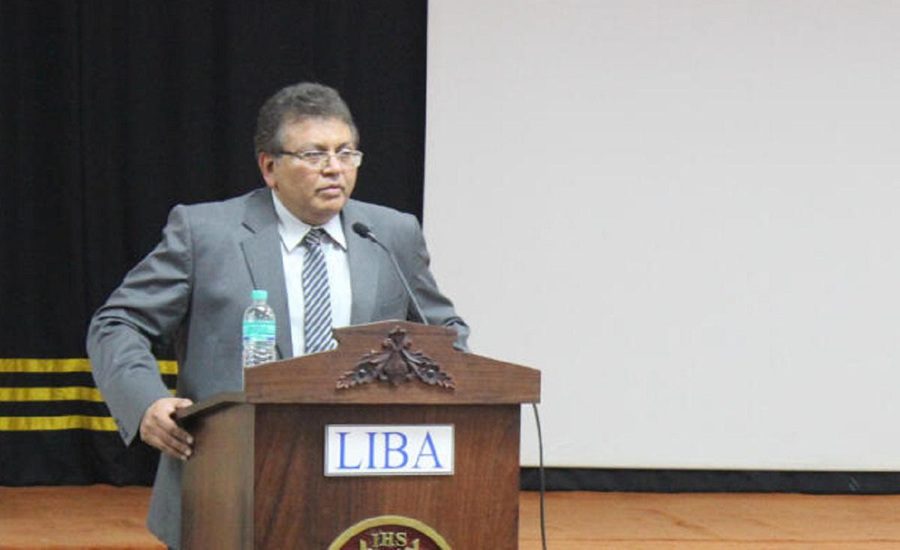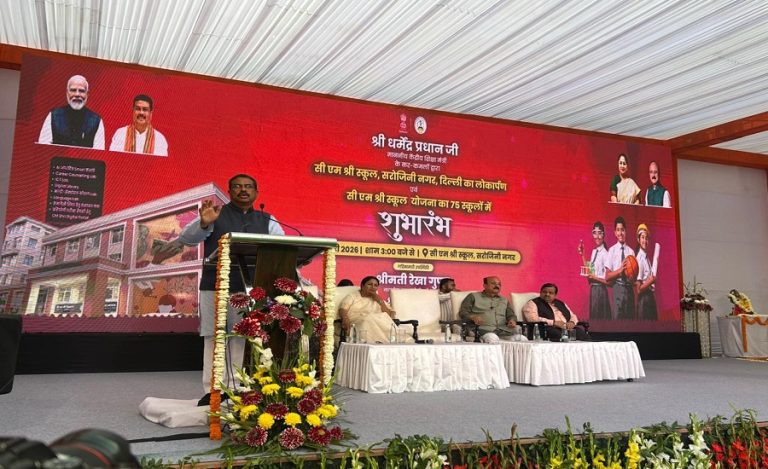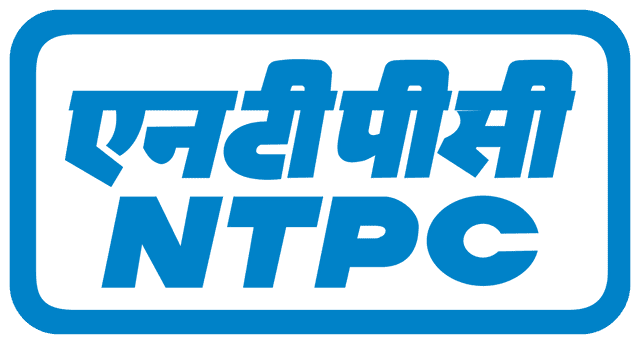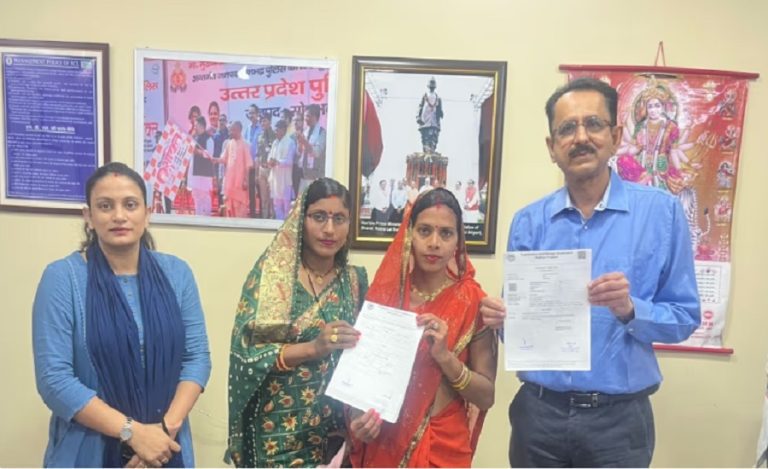Chennai: In a thought-provoking address, former IAS officer and ex-Vice Chancellor of Maritime University, K. Ashok Vardhan Shetty, emphasized the need to reimagine Centre-State relations through the lens of cooperative federalism. Speaking at the Loyola IAS Academy on Wednesday, he highlighted the importance of state autonomy as essential to building a strong and resilient India.
“Federalism Is Like a Kancheepuram Saree”
Using a powerful metaphor rooted in Tamil heritage, Mr. Shetty compared the federal structure of India to a Kancheepuram silk saree, where each thread symbolizes a State.
“Federalism and Centre-State relations are like a Kancheepuram saree, where each coloured thread represents a State. When woven well, the saree looks beautiful,” he said.
He further elaborated that the Centre and States should be seen as partners, not competitors, likening them to the warp and weft of a woven cloth, each essential to the integrity of the whole.
Critique of Centralised Structure
Delivering a lecture on the topic “State Autonomy: The Cornerstone of a Strong India”, Mr. Shetty critiqued the over-centralised nature of the Indian Constitution, stating that it was not founded on the principle of subsidiarity a governance concept that promotes devolving authority to the lowest capable level.
“The Constitution tilted too much towards the Centre, having heavily borrowed from the Government of India Act, 1935,” he noted.
He contextualized this centralization within the turmoil of India’s independence era, including partition, communal riots, displacement, and the assassination of Mahatma Gandhi, which made the founding leadership prioritize unity over autonomy.
“Unity Has Been Achieved – It’s Time to Rethink Autonomy”
Mr. Shetty cautioned against the continued use of national integrity as a pretext for centralization, arguing that:
“The idea of India is now firmly planted in everybody’s mind. The perception that States don’t have the capacity to handle autonomy rises from a colonial mindset.”
He highlighted that concentration of power at the Centre has only deepened in recent years, contributing to what he called the erosion of federalism.
One-Party Dominance and Weakening Federalism
Referring to India’s political history, Mr. Shetty pointed out that federalism has suffered during periods of one-party dominance.
“Between 1947 and 1967, and from 2014 till now, India has witnessed one-party rule at the Centre and in many States. Chief Ministers during these times were often imposed by party high commands, undermining the federal spirit.”
Loyola IAS Academy Hosts Discourse on Governance
The event at Loyola IAS Academy was attended by aspiring civil servants and scholars. A. Louis Arockiaraj, Principal and Director of the Academy, along with N. Abdul Khadar, Coordinator, and Shafiq Ahamed R., Administrator, also addressed the gathering, emphasizing the relevance of debates on federalism, subsidiarity, and good governance in shaping tomorrow’s administrators.




























